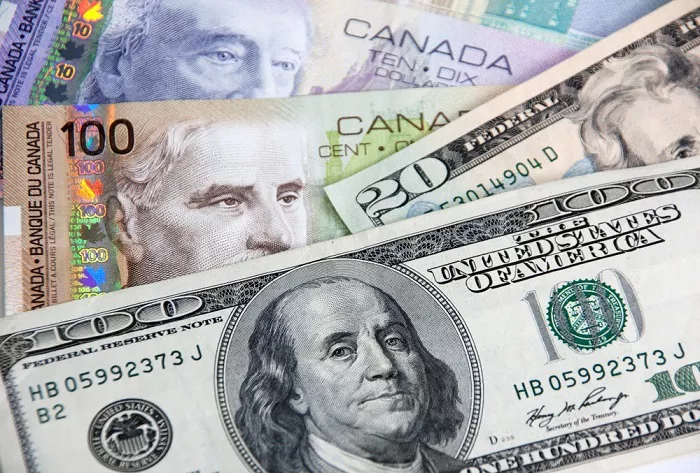Malaysia’s economy ended 2024 on a high note, exceeding growth forecasts, with the ringgit emerging as the top-performing currency among emerging markets, and political stability remaining intact under Prime Minister Anwar Ibrahim’s leadership. However, sustaining this momentum is now facing significant challenges, notably from the escalating trade tensions initiated by U.S. President Donald Trump’s tariff policies.
Trump’s potential tariff hikes have Malaysian businesses concerned about inflationary pressures both at home and globally. The nation’s export-driven economy, already grappling with these challenges, risks seeing its growth ambitions hindered, especially as Anwar’s plans to reduce the budget deficit by slashing subsidies, including those on gasoline, could be threatened by such external shocks.
“It will be a challenging year ahead for most economies, especially small, export-oriented ones like Malaysia, facing both growth downsides and inflationary pressures,” said Adib Zalkapli, founder of regional consultancy Viewfinder Global Affairs.
The full impact of Trump’s tariff plans will start to take shape when Malaysia releases its final fourth-quarter GDP report. While the economy is expected to have expanded by 5.1% last year, growth is projected to have slowed during the final months, as manufacturing sectors felt the pinch from the growing trade uncertainties.
Malaysia has long been a key player in global trade, strategically positioned along a busy maritime trade route, and has benefited from the shift in global supply chains, particularly as companies move away from China. The country’s $400 billion economy has attracted investments from major tech firms, including Intel, and has positioned itself as a global leader in areas like data centers and chip manufacturing.
Last year, Anwar and Singapore Prime Minister Lawrence Wong celebrated the creation of a special economic zone linking the two nations, aimed at accelerating cross-border investments. The positive news fueled a 2.7% gain in the ringgit against the dollar, in contrast to the decline in most other emerging market currencies.
Anwar has acknowledged the potential difficulties and remains confident that Malaysia can maintain its growth and keep inflation under control, even with the looming trade tensions. His government is actively seeking new trade opportunities with regions like Africa and Latin America.
However, the Federation of Malaysian Manufacturers has voiced concerns about the increasing operational costs that could result from rising tariffs and supply chain disruptions. The association warns that the combination of rising costs, fuel subsidy removal, and supply chain disruptions may erode consumer purchasing power and further strain the business environment.
Anwar’s plan to cut fuel subsidies, which he expects will save the government about 8 billion ringgit ($1.8 billion) and help reduce the fiscal deficit, could face delays. While Malaysia has already removed blanket diesel subsidies, electricity tariffs are also expected to rise later in the year. These measures, combined with global economic uncertainties and the upcoming state elections, could push Anwar to reconsider or delay the full implementation of the subsidy cuts.
Small and medium-sized businesses, while less concerned about the impacts of Trump’s tariffs, are also facing significant domestic cost pressures, according to Chin See Seong, president of the SME Association of Malaysia.
Although Malaysia’s $26 billion trade surplus with the U.S. makes it vulnerable to tariff hikes, the country still faces less exposure compared to other Asian nations like Vietnam, South Korea, and India, whose surpluses are far larger. Malaysia’s status as a relatively affordable alternative to China may also work in its favor, especially as global supply chains continue to shift away from China, which remains Trump’s primary target due to its $300 billion trade surplus with the U.S.
Adib Zalkapli suggested that companies looking to manage tariff impacts on China and other Southeast Asian countries might redirect investments toward more value-added industries in Malaysia, thus offering some opportunities for growth despite the challenges.
Related topics:
USD/CAD Drops Near 1.4300 Amid Strong Canadian Jobs Data and Weak U.S. Employment Report
Amazon Stock Drops as Analysts Lower Price Targets Amid AI Spending Plans and Soft Sales Forecast
Trump Pauses Tariffs on Small-Value Packages from China as U.S. Agencies Prepare to Collect Duties


